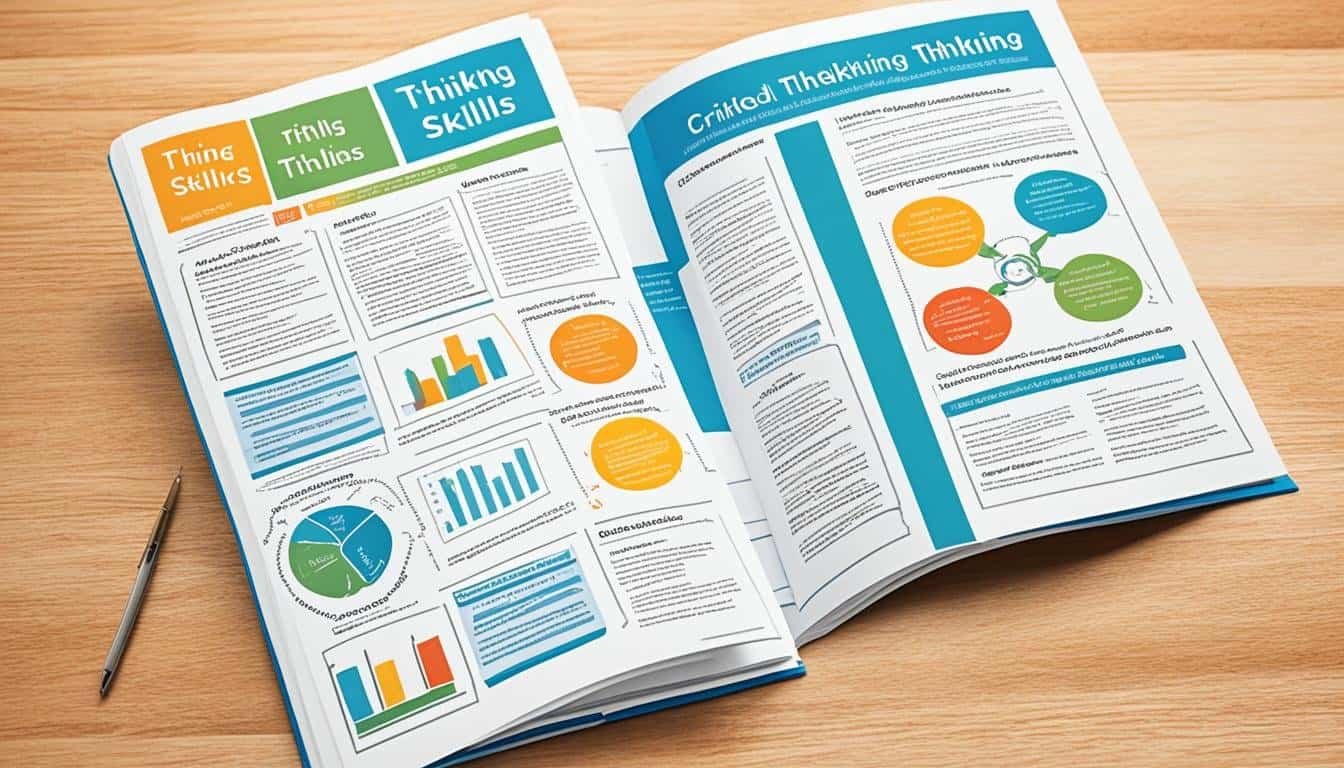Ace Your Thinking Skills Assessment Guide
|
Getting your Trinity Audio player ready...
|
Author
-
The eSoft Editorial Team, a blend of experienced professionals, leaders, and academics, specializes in soft skills, leadership, management, and personal and professional development. Committed to delivering thoroughly researched, high-quality, and reliable content, they abide by strict editorial guidelines ensuring accuracy and currency. Each article crafted is not merely informative but serves as a catalyst for growth, empowering individuals and organizations. As enablers, their trusted insights shape the leaders and organizations of tomorrow.
View all posts







